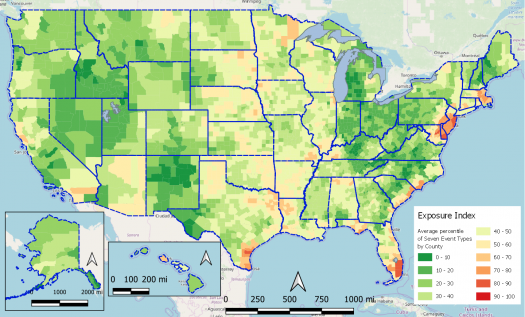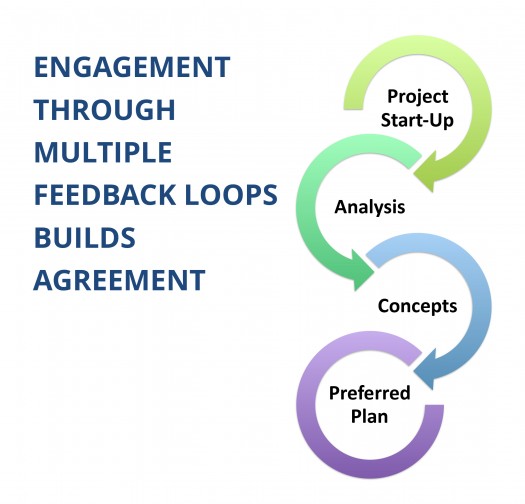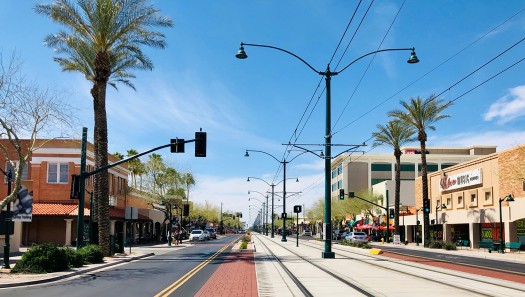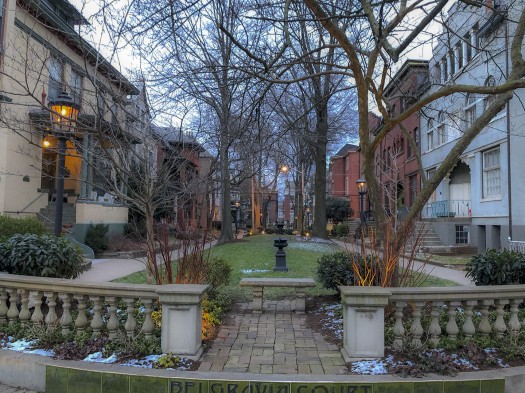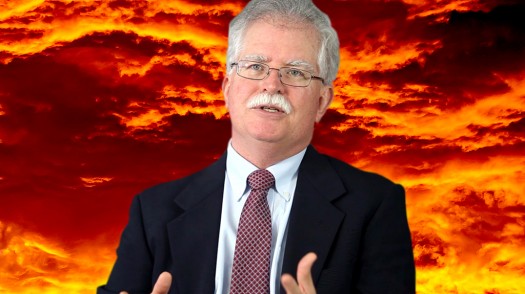Climate Adaptation: A weather report
This is a case study of the application of Scott’s argument that will be presented at the upcoming virtual Congress, CNU28, during the Wednesday, June 10, 2:30pm EDT session, New Tools for Urban Resilience, as well as part of our ongoing series in support of urbanist COVID-19 policy discussions. Among the lessons the COVID-19 crisis…
Read MorePublic Participation, Part II: Equitable Outreach
This is Part II of a two-parter on community engagement strategies in a new era. Part I is here. This conversation is the third in our series addressing planning challenges for local governments in a post-pandemic future. The two previous topics can be found here and here. Jennifer Hurley is President & CEO of Hurley-Franks…
Read MorePublic Participation, Part I: Let’s Fix What’s Not Working
This is Part I of a two-parter on this topic. The conversation is the third in our series addressing planning challenges in an era likely to be reshaped by the COVID-19 pandemic. The two previous topics can be found here and here. Jennifer Hurley is President & CEO of Hurley-Franks & Associates, a planning consultancy…
Read MoreLessons from the Pandemic: Housing, Retail, Broadband
This is the second in a series of conversations about what comes next in local government policies and processes. Geoff Koski is president of the Bleakly Advisory Group, providing advice to real estate professionals, governments, and non-profit organizations dealing with a wide- range of real estate and economic development-related issues. Read the first post in…
Read MoreAfter the Plague: Go Big or Go Backwards?
This is the first of several posts planned for the next few weeks on lessons we’re learning from the pandemic and how local and regional governments might respond – not only to the crisis itself, but also to weaknesses in policies and processes COVID-19 exposed. Let’s start with an understatement: Community development leaders – whether…
Read MoreShelter in Place: Working in a time of isolation
In this time of social distancing without a clear time frame, I’m feeling the need to share some of the things I’ve learned over 17 years of working from a home office. It’s clear that the novel corona virus will disrupt our previous ways of doing business, but it’s possible some parts of that may…
Read MoreCode Score: A New Aid for aligning policy and vision with outcomes
Whether we’re talking equity, affordability, jobs, health, or a list of other pressing topics, every community strives for more effective outcomes from policies to address a broad range of competing demands. The fact that the demands – and the strategies to address them – are competing for time and resources is its own problem, especially…
Read MoreCode Hackathon: What can go wrong with form-based codes?
We often talk about how places can hack their zoning code to enable livability. The Project for Code Reform is taking this idea to the next level, helping cities look for the lowest hanging fruit on the walkability front. However, for places on the cutting edge of land use reform that have already adopted a…
Read MoreClimate Change Update, Part II: Leveraging “The Biggest Little Things”
“The best strategies are the ones that can be implemented.” That’s a reminder from Jim Fox, director of NEMAC, the National Environmental Modeling and Analysis Center at the University of North Carolina Asheville. Taking ideas to meaningful action is the bottom-line test of any plan. And it applies particularly to what is arguably humankind’s biggest…
Read MoreClimate Change Update, Part I: The End is Near (Really)
Back in 2011 when we were emerging from the Great Recession, I wrote an “End Is Near” post about the chance to make use of the crisis. When you run out of all options except the ones that force you to think big,” I wrote, a little panic could be a good thing: “We are…
Read More

